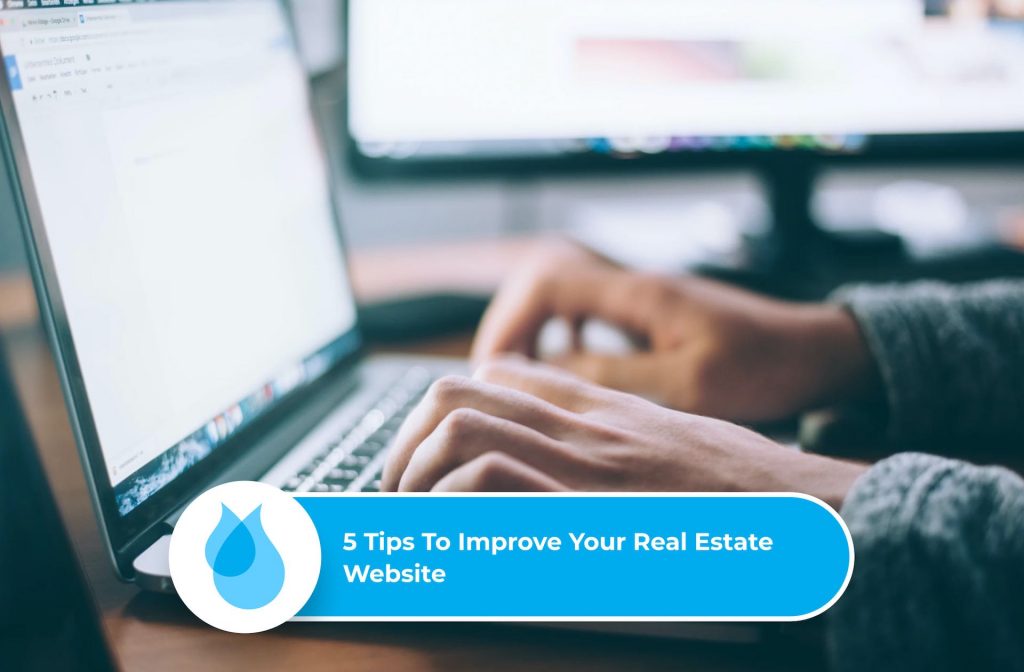
It would be hard to find a real estate business today that didn’t have a web presence. So how do you make your real estate website stand out from the crowd, especially if internet marketing isn’t your thing?
Below we’ve put together a list of five simple ways you can improve your real estate website, and make it work harder for your business.
1. Keep it personal
As much as people love technology, when buying and selling real estate, it’s important to build real connections with real people. So make sure your ‘About Us’ page tells your story – who you are, how your business came about and what people can expect from you on their real estate journey. Include photos of you and your team, add your skills and experience, and most importantly, add your contact details!
Buying property is a significant financial decision, so people want to deal with someone they can trust. Being open and honest on your website is a good way to start.
2. Make the most of SEO
The internet is one of the first places people go to when looking for real estate information, so you want to make sure your website ranks as highly as possible in Google’s search results. You don’t need to be a search engine optimisation (SEO) expert to make some simple changes to improve your ranking.
Think about the keywords people might use when searching for your business and make sure these words are included in your content. There’s plenty of free SEO advice online if you’d like to learn more, plus check out our guide on simple steps to improve your SEO.
3. Measure your success
It’s a good idea to regularly check in with how your website is performing so you can make changes as required. Google Analytics provides free tools that can help you monitor your website traffic i.e. who’s visiting, where they’ve come from and what they do once they get there. These insights can help you make smarter business decisions. If you’re not familiar with Google Analytics, there’s plenty of information available online to help you get started.
4. Test your website regularly
If you want your real estate website to look professional, it’s important that it’s always up-to-date and working as it should. It’s worth regularly checking links, pages and videos to make sure nothing is faulty. You should also check that your website is displaying correctly on the most popular browsers such as Chrome, Firefox and Safari, as well as on your mobile. That’s because potential clients are likely to be looking at your website on their smartphone when they’re out and about.
5. Refresh your website content
To keep people coming back for more, it’s wise to add new content to your website on a regular basis. Remember, you’re the expert but for most people buying and selling, real estate is a daunting process, so any tips, advice and ‘how to’ guides you can provide will be gratefully received. Plus, it will keep your business front of mind when your website visitors are ready to become a client or vendor. If you need suggestions on what to write about, here are some ideas to get you started.
FINAL WORD
Your website is a crucial part of your overall marketing strategy, and is arguably one of the best ways to connect with new clients. Even if you’re not particularly technologically savvy, it’s still worth investing time and effort in making sure your website is the best it can be.
And there are plenty of free tips and tools available to help you!
